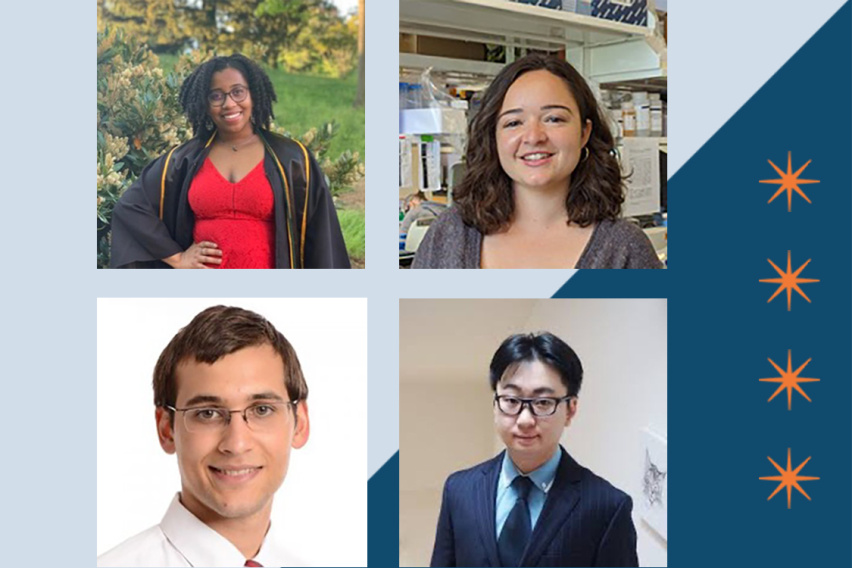MIT News
October 4, 2023
Congratulations to Moungi Bawendi, the Lester Wolfe Professor of Chemistry, on winning the 2023 Nobel Prize in Chemistry! Bawendi shares the prize with Louis Brus of Columbia University and Alexei Ekimov of Nanocrystals Technology for pioneering the development of quantum dots. These semiconducting nanocrystals emit exceptionally pure light and have been deployed in computer and television displays and biomedical imaging. Bawendi has collaborated with Koch Institute member Linda Griffith and former administrator W. David Lee ’69 on the Lumicell Imaging System, a low-cost single-cell imaging technology for eliminating residual cancer cells during tumor resection. Supported in its early stages of development by the Koch Institute Frontier Research Program through the Kathy and Curt Marble Cancer Research Fund, the system was pairs an injectable contrast agent with a hand-held, single-cell resolution imager to scan surgical margins for residual cancer cells. The system is now on the fast track to FDA approval, and could help eliminate the need for repeat cancer surgeries, reduce the incidence of relapse, and lower healthcare costs.
